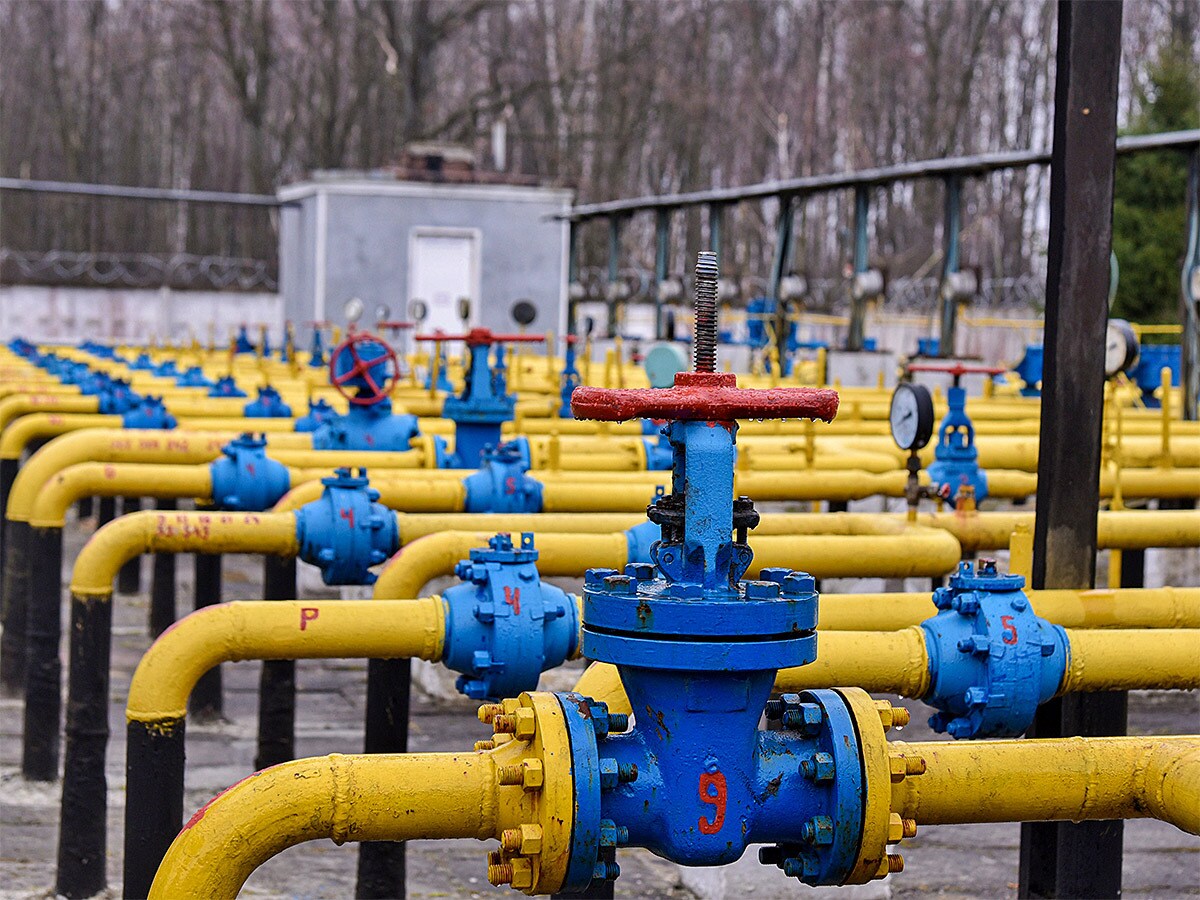Shell, TotalEnergies and BP continue to see their share prices increase off the back of soaring gas prices, which were boosted after Russia cut its European gas supply again. But what could a greener future mean for Europe’s biggest oil and gas companies?
Shell [SHEL.L], TotalEnergies [TTE.L] and BP [BP.L], Europe’s largest oil and gas companies, have seen their share prices soar so far this year as the price of gas climbs. While oil prices have cooled slightly — as of 3 August, the price of Brent crude is 24.3% off its peak of $127.98 that it reached in March — European gas prices have continued to surge as Russia cuts more supply to the continent.
Dutch TTF gas futures, Europe’s benchmark natural gas price, peaked at €205.76 per megawatt hour last week, despite trading below €90 back in June of this year. This comes after Gazprom, Russia’s state-owned energy company, announced that gas flows through its Nord Stream 1 pipeline would fall dramatically to only a fifth of the pipe’s capacity.
Investors are not expecting the trend of higher gas prices to disappear over the next few years. Yearly forward contracts for gas, which shows the price at which investors are forecasting for future supply, have also been trading at record highs. The price of gas for the summer of 2023 and 2024 is €134 and €82 per megawatt hour, respectively, according to the Financial Times — the highest yearly future contracts have ever been.
Shell, TotalEnergies and BP have already benefitted from rising gas prices in the last year. As of 4 August, the Shell share price has risen 52.7% in the last 12 months, with the BP share price growing 40.4% and TotalEnergies up 39.3%.
Gas-related earnings robust in Q2
In Total’s half-year results, which were released last week, it reported an operating income of $5.6bn from its integrated gas, renewables and power division in the first half of 2022. This income was three times the $1.88bn seen in the first half of 2021.
Similarly, Shell saw adjusted earnings of $7.9bn in the first six months of 2022 in its integrated gas division. This was a 147% increase from the previous year despite total gas production falling 10% because of the derecognition of volumes from its Russian business. The company noted that the increase in earnings could be put down to “higher margins” from “higher realised prices”. BP also forecasted equally strong results from its gas divisions in its Q2 results.
If the disruption to Europe’s gas supply sustains over the next couple of years and prices remain high, profits from the companies’ gas divisions are expected to remain strong. If the continent diversifies away from its dependence on gas, the companies may see stronger growth from their alternative energy operations.
Analysts optimistic on energy giants
High profits from companies’ gas divisions come at the same time as energy giants are aiming to safeguard their position in a greener world. TotalEnergies has been leading the shift towards renewable energy generation, with a $6bn in investment in low-carbon projects between 2010 and 2020.
Shell also recently bought an Indian renewable power group for $1.55bn, while BP announced a 40% stake in an Australian renewables project. However, all three companies will ensure that they don’t make the shift too quickly and miss out on opportunities available from higher gas prices.
Considering all this, analysts have a positive outlook for all three companies. Out of 25 analysts polled on Shell shares by the Financial Times, there was a consensus ‘outperform’ rating. Both BP and Total also had an average ‘outperform’ rating from 28 analysts polled on BP shares and 29 analysts for Total shares.
Among 18 analysts providing the Financial Times with 12-month price targets for Shell, the medium estimate of 2,814p represented a 29.6% premium from 3 August’s closing price. Out of 23 analysts, Total shares had a price target of €61.77, which would mark a 24.7% increase from its recent closing price. BP’s consensus price target of 505.20p from 22 analysts, represented a 23% rise from its 3 August closing price.
Continue reading for FREE
- Includes free newsletter updates, unsubscribe anytime. Privacy policy





